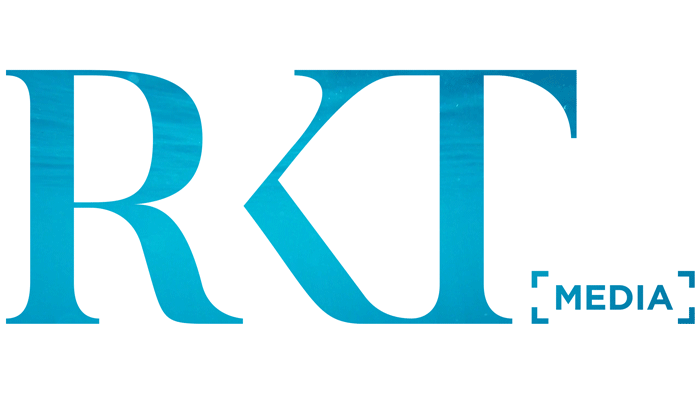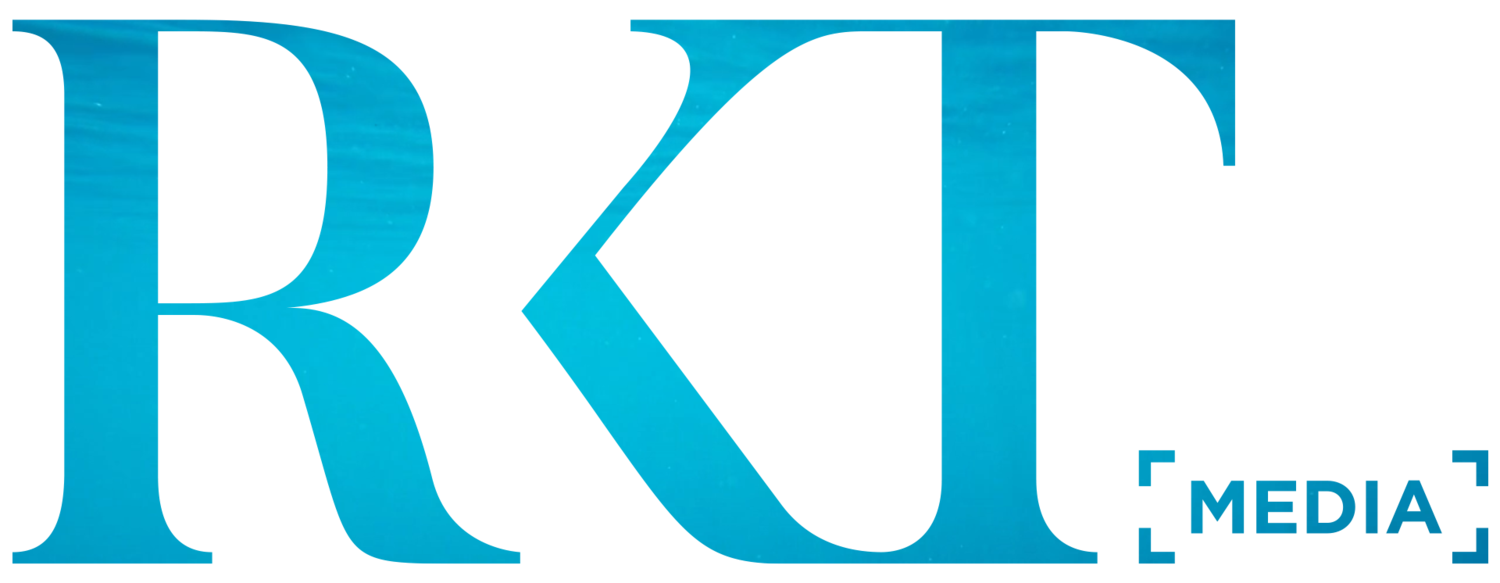13 Smart Tips To Supercharge Your Social Media Marketing Strategy
Originally posted by Kim Davis on October 19, 2020 at 3:10 pm
Trust and brand loyalty are becoming more intertwined, even as consumers expect brands to be able to pivot quickly in these uneasy times.
Those are just a few takeaways of the new Global Marketing Trends 2021 report from Deloitte Insights. The report is based on two surveys: the first, of almost 2,500 adult consumers in selected countries in North America, Europe, the Middle East and Asia; the second, of over 400 C-suite executives, including CMOs, from U.S. global companies.
A loss of confidence. Particularly striking is the loss of confidence among executives in their ability to influence their peers and make a strategic impact. In the case of CMOs, the percentage of confident executives fell from an already very low 5% last year to 3% this year (for comparison, CEOs saw a fall from 55% to 35%).
Consumers, on the other hand, had a relatively positive perspective on how brands are responding to the current environment: “Almost four in five people could cite a time a brand responded positively to the pandemic and one in five strongly agreed it led to increased brand loyalty on their part.”
The 7 top trends. The specific top trends identified by the report shared in common, said Deloitte, “breaking out of our often defensive mindsets to more holistically — and authentically — meet human needs.”
Purpose: Flourishing brands will be those that know why they exist and who they are built to serve. “(C)ompanies which know “why” they serve their stakeholders are uniquely positioned to navigate unprecedented change.”
Agility: Successful marketers will be those who invest in agile marketing strategies. The pandemic-triggered recession is not one that will reward retrenchment over imagination and innovation.
Human connections: Making authentic connections is now more important than speed-to-market or efficiency. “It’s the choice between taking a cheaper flight or a safer one; buying clothing with the fastest delivery or from the supplier with the most ethically designed supply chain.”
Trust: Trust arises when what’s promised is what’s delivered. Messaging should be transparent, and delivering on those messages should be consistent and reliable. Also, think about shifting your focus from demographics to values.
Participation: Customer engagement at a deeper level, going beyond passive responses to activities like writing online reviews, giving advice to fellow customers, joining conversations (whether with the brand directly or on social media), and creating content relevant to the brand.
Fusion: This trend recognizes the power of innovative business partnerships. As an example, “ExxonMobil partnered with a global tech company and a local car care brand to create a ‘digitally enabled car maintenance experience.’ A data platform created through the ecosystem enables customers to receive maintenance recommendations and make online reservations to have cars serviced; at the same time, it enables ExxonMobil to not only fuel vehicles but also ensure they are running safely and effectively.”
Talent transformation: Marketing teams need to develop new talent models to differentiate themselves in a rapidly evolving digital environment. “(M)arketers can develop a core team comprising roles that best reflect their competitive advantage. Traditionally, these roles include those responsible for data insights, dynamic content creation, and owned and earned media.” And don’t overlook the flexibility created by the gig economy.
Why we care. While Deloitte highlights the kinds of good sense consumers already expect from brands, there are a few trends here we recognize as deeply linked to the martech maturity of an organization: Agile as the dominant framework for how we work and the need for the kinds of tech-minded talent that accelerates digital transformation.

